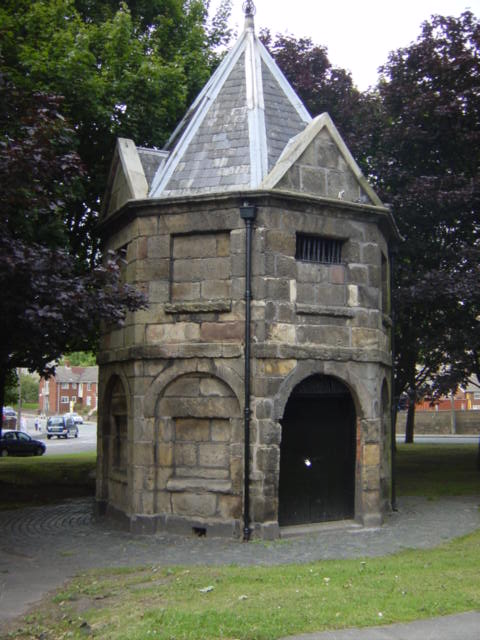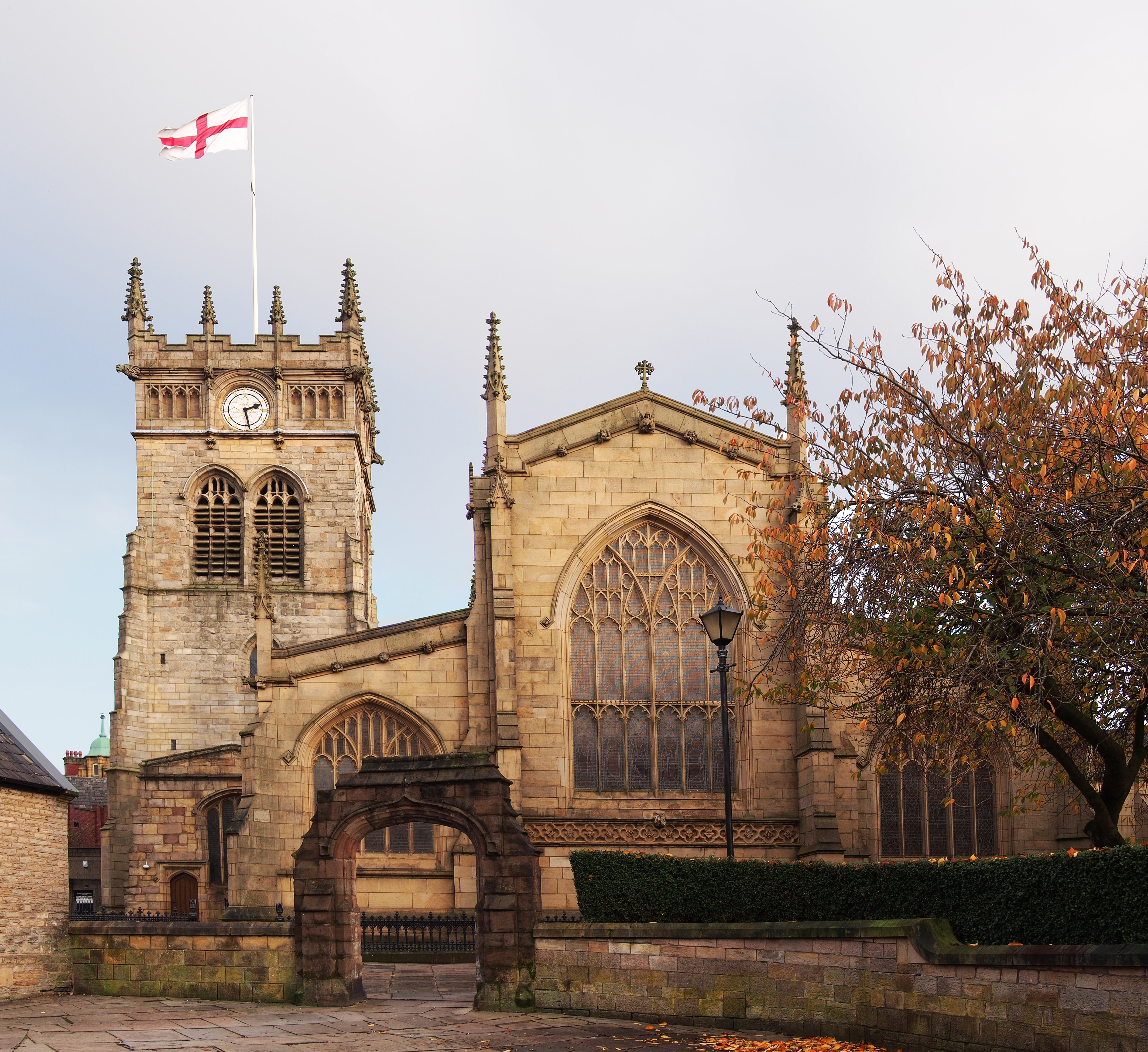|
Robert Metcalf
Robert Laurence Metcalf (18 November 1935 – 26 December 2014) was an Anglican priest and author. Metcalf was educated at Durham University. After national service with REME he was ordained in 1963. He served curacies in Bootle and Widnes; and incumbencies in Wigan and Wavertree. He was Archdeacon of Liverpool The archdeacons in the Diocese of Liverpool are senior ecclesiastical officers in the Church of England in a highly irregular area surrounding the city of Liverpool. They are the archdeacons of Liverpool, of St Helens and Warrington, of Knows ... from 1994 until 2002.‘METCALF, Ven. Robert Laurence’, Who's Who 2015, A & C Black, an imprint of Bloomsbury Publishing plc, 2015; online edn, Oxford University Press, 2015 ; online edn, Feb 2015 References 1935 births 2014 deaths Archdeacons of Liverpool Alumni of St John's College, Durham {{York-archdeacon-stub ... [...More Info...] [...Related Items...] OR: [Wikipedia] [Google] [Baidu] |
Boxing Day
Boxing Day is a holiday celebrated after Christmas Day, occurring on the second day of Christmastide (26 December). Though it originated as a holiday to give gifts to the poor, today Boxing Day is primarily known as a shopping holiday. It originated in Great Britain and is celebrated in a number of countries that previously formed part of the British Empire. The attached bank holiday or public holiday may take place on 28 December if necessary to ensure it falls on a weekday. Boxing Day is also concurrent with the Catholic holiday Saint Stephen's Day. In parts of Europe, such as several regions of Spain, Czech Republic, Germany, Austria, Hungary, the Netherlands, Italy, Poland, Slovakia, Croatia, Denmark, Finland, Sweden, Belgium, Norway, and Ireland, 26 December is Saint Stephen's Day, which is considered the second day of Christmas. Etymology There are competing theories for the origins of the term, none of which is definitive. The European tradition of giving money ... [...More Info...] [...Related Items...] OR: [Wikipedia] [Google] [Baidu] |
Incumbent (ecclesiastical)
In English ecclesiastical law, the term incumbent refers to the holder of a Church of England parochial charge or benefice. The term "benefice" originally denoted a grant of land for life in return for services. In church law, the duties were spiritual ("spiritualities") and some form of assets to generate revenue (the "temporalities") were permanently linked to the duties to ensure the support of the office holder. Historically, once in possession of the benefice, the holder had lifelong tenure unless he failed to provide the required minimum of spiritual services or committed a moral offence. With the passing of the "Pastoral Measure 1968" and subsequent legislation, this no longer applies, and many ancient benefices have been joined into a single new one. At one time, an incumbent might choose to enjoy the income of the benefice and appoint an assistant curate to discharge all the spiritual duties of the office at a lesser salary. This was a breach of the canons of 1604, but ... [...More Info...] [...Related Items...] OR: [Wikipedia] [Google] [Baidu] |
2014 Deaths
This is a list of deaths of notable people, organised by year. New deaths articles are added to their respective month (e.g., Deaths in ) and then linked here. 2022 2021 2020 2019 2018 2017 2016 2015 2014 2013 2012 2011 2010 2009 2008 2007 2006 2005 2004 2003 2002 2001 2000 1999 1998 1997 1996 1995 1994 1993 1992 1991 1990 1989 1988 1987 See also * Lists of deaths by day The following pages, corresponding to the Gregorian calendar, list the historical events, births, deaths, and holidays and observances of the specified day of the year: Footnotes See also * Leap year * List of calendars * List of non-standard ... * Deaths by year {{DEFAULTSORT:deaths by year ... [...More Info...] [...Related Items...] OR: [Wikipedia] [Google] [Baidu] |
1935 Births
Events January * January 7 – Italian premier Benito Mussolini and French Foreign Minister Pierre Laval conclude Franco-Italian Agreement of 1935, an agreement, in which each power agrees not to oppose the other's colonial claims. * January 12 – Amelia Earhart becomes the first person to successfully complete a solo flight from Hawaii to California, a distance of 2,408 miles. * January 13 – A plebiscite in the Saar (League of Nations), Territory of the Saar Basin shows that 90.3% of those voting wish to join Germany. * January 24 – The first canned beer is sold in Richmond, Virginia, United States, by Gottfried Krueger Brewing Company. February * February 6 – Parker Brothers begins selling the board game Monopoly (game), Monopoly in the United States. * February 13 – Richard Hauptmann is convicted and sentenced to death for the kidnapping and murder of Charles Lindbergh Jr. in the United States. * February 15 – The discovery and clinical development of ... [...More Info...] [...Related Items...] OR: [Wikipedia] [Google] [Baidu] |
Archdeacon Of Liverpool
The archdeacons in the Diocese of Liverpool are senior ecclesiastical officers in the Church of England in a highly irregular area surrounding the city of Liverpool. They are the archdeacons of Liverpool, of St Helens and Warrington, of Knowsley and Sefton, and of Wigan and West Lancashire; each one has responsibility over a geographical area within the diocese. The archdeacons are responsible for the disciplinary supervision of the clergy within their archdeaconries. History The Archdeaconry of Liverpool was originally created on 10 August 1847 (from the Archdeaconry of Chester deaneries of Wirral and Warrington) in the Diocese of Chester and transferred to the Diocese of Liverpool when the latter was created on 9 April 1880. The Archdeaconry of Warrington was created from the Archdeaconry of Liverpool on 17 July 1880. Prior to the 2015 reorganisation, the old Liverpool archdeaconry consisted of eight area deaneries: Bootle, Huyton, Liverpool North, Liverpool South-Childwall, ... [...More Info...] [...Related Items...] OR: [Wikipedia] [Google] [Baidu] |
Wavertree
Wavertree is a district of Liverpool, England. It is a ward of Liverpool City Council, and its population at the 2011 census was 14,772. Located to the south and east of the city centre, it is bordered by various districts and suburbs such as Childwall, Edge Hill, Fairfield, Mossley Hill, Old Swan, and Toxteth. History The name derives from the Old English words ''wæfre'' and ''treow'', meaning "wavering tree", possibly in reference to aspen trees common locally. It has also been variously described as "a clearing in a wood" or "the place by the common pond". In the past, the name has been spelt ''Watry'', ''Wartre'', ''Waurtree'', ''Wavertre'' and ''Wavertree''. The earliest settlement of Wavertree is attested to by the discovery of Bronze Age burial urns in Victoria Park in the mid −1860s while digging the footings for houses, two of which were built for Patrick O Connor, patentee, ironmonger, merchant and Chair to the Wavertree Local Board of Health. The ''Domesday B ... [...More Info...] [...Related Items...] OR: [Wikipedia] [Google] [Baidu] |
Wigan
Wigan ( ) is a large town in Greater Manchester, England, on the River Douglas, Lancashire, River Douglas. The town is midway between the two cities of Manchester, to the south-east, and Liverpool, to the south-west. Bolton lies to the north-east and Warrington to the south. It is the largest settlement in the Metropolitan Borough of Wigan and is its administrative centre. The town has a population of 107,732 and the wider borough of 330,713. Wigan was formerly within the Historic counties of England, historic county of Lancashire. Wigan was in the territory of the Brigantes, an ancient Celtic tribe that ruled much of what is now northern England. The Brigantes were subjugated in the Roman conquest of Britain and the Roman settlement of ''Coccium'' was established where Wigan lies. Wigan was incorporated as a Borough status in the United Kingdom, borough in 1246, following the issue of a charter by Henry III of England, King Henry III of England. At the end of the Middle ... [...More Info...] [...Related Items...] OR: [Wikipedia] [Google] [Baidu] |
Widnes
Widnes ( ) is an Industrial city, industrial town in the Borough of Halton, Cheshire, England, which at the 2011 United Kingdom census, 2011 census had a population of 61,464. Historic counties of England, Historically in Lancashire, it is on the northern bank of the River Mersey where the estuary narrows to form the Runcorn Gap. Directly to the south across the Mersey is the town of Runcorn. Upstream to the east is Warrington, and 4 miles downstream to the west is Speke, a suburb of Liverpool. Before the Industrial Revolution, Widnes was a small settlement on marsh and moorland. In 1847, the chemist and industrialist John Hutchinson (industrialist), John Hutchinson established a chemical factory at Spike Island, Widnes, Spike Island. The town grew in population and rapidly became a major centre of the chemical industry. The demand for labour was met by large-scale immigration from Ireland, Poland, Lithuania and Wales. The town continues to be a major manufacturer of chemicals, ... [...More Info...] [...Related Items...] OR: [Wikipedia] [Google] [Baidu] |
Anglican
Anglicanism is a Western Christian tradition that has developed from the practices, liturgy, and identity of the Church of England following the English Reformation, in the context of the Protestant Reformation in Europe. It is one of the largest branches of Christianity, with around 110 million adherents worldwide . Adherents of Anglicanism are called ''Anglicans''; they are also called ''Episcopalians'' in some countries. The majority of Anglicans are members of national or regional ecclesiastical provinces of the international Anglican Communion, which forms the third-largest Christian communion in the world, after the Roman Catholic Church and the Eastern Orthodox Church. These provinces are in full communion with the See of Canterbury and thus with the Archbishop of Canterbury, whom the communion refers to as its '' primus inter pares'' (Latin, 'first among equals'). The Archbishop calls the decennial Lambeth Conference, chairs the meeting of primates, and is the ... [...More Info...] [...Related Items...] OR: [Wikipedia] [Google] [Baidu] |
Bootle
Bootle (pronounced ) is a town in the Metropolitan Borough of Sefton, Merseyside, England, which had a population of 51,394 in 2011; the wider Bootle (UK Parliament constituency), Parliamentary constituency had a population of 98,449. Historically part of Lancashire, Bootle's proximity to the Irish Sea and the industrial city of Liverpool to the south saw it grow rapidly in the 1800s, first as a dormitory town for wealthy merchants, and then as a centre of commerce and industry in its own right following the arrival of the railway and the expansion of the docks and shipping industries. The subsequent population increase was fuelled heavily by Irish migration. The town was heavily damaged in World War II with air raids against the port and other industrial targets. Post-war economic success in the 1950s and 1960s gave way to a downturn, precipitated by a reduction in the significance of Liverpool Docks internationally, and changing levels of industrialisation, coupled with th ... [...More Info...] [...Related Items...] OR: [Wikipedia] [Google] [Baidu] |
Curate
A curate () is a person who is invested with the ''care'' or ''cure'' (''cura'') ''of souls'' of a parish. In this sense, "curate" means a parish priest; but in English-speaking countries the term ''curate'' is commonly used to describe clergy who are assistants to the parish priest. The duties or office of a curate are called a curacy. Etymology and other terms The term is derived from the Latin ''curatus'' (compare Curator). In other languages, derivations from ''curatus'' may be used differently. In French, the ''curé'' is the chief priest (assisted by a ''vicaire'') of a parish, as is the Italian ''curato'', the Spanish ''cura'', and the Filipino term ''kura paróko'' (which almost always refers to the parish priest), which is derived from Spanish. Catholic Church In the Catholic Church, the English word "curate" is used for a priest assigned to a parish in a position subordinate to that of the parish priest. The parish priest (or often, in the United States, the "pastor ... [...More Info...] [...Related Items...] OR: [Wikipedia] [Google] [Baidu] |
.jpg)





